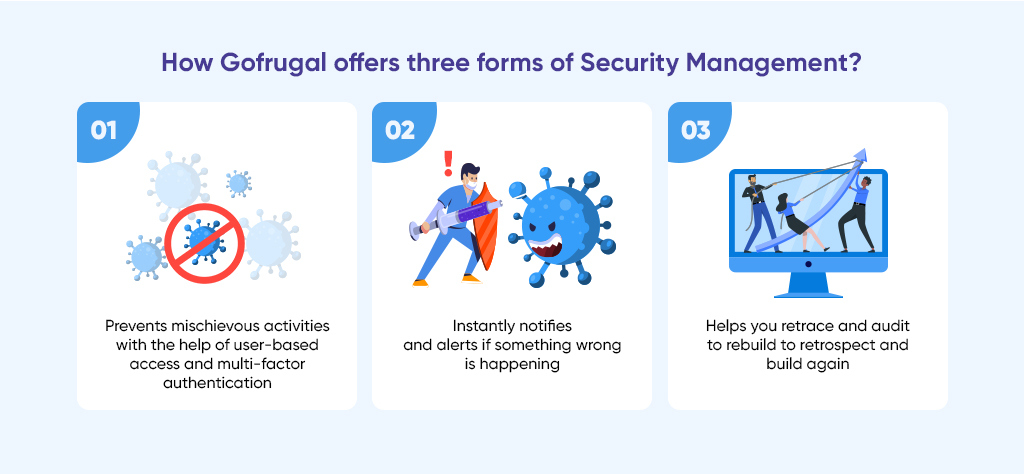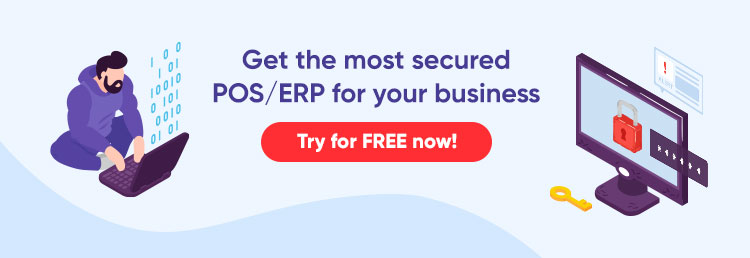
Key takeaways:
- Learn proactive strategies for preventing hidden fraudulent activities in your business.
- Discover how to quickly identify and address fraud through effective intimation and ad hoc measures.
- Understand the importance of traceability and rebuilding systems to prevent future fraud incidents.
Anyone seeing this title would have paused for a second to read each word a second time because no one wants to go through the difficult phase of losing whatever they have built for so long in one day. But it’s unfortunate when we encounter certain incidents of employees cheating their business owners. One article that grabbed my attention was that of an employee who had swindled nearly 45 lakhs from his business owner, who owns a supermarket in Nungabakkam, Chennai. The News 18 article reveals how that particular employee had been doing this fraud for over a decade and was exposed only recently.
Just one article, and it seems like almost everyone has an opinion, sparking multiple debates under the empty argument of “The Nation wants to know!.” But what should business owners do to stop such incidents? Should they check their employees thoroughly every day? Or should they sit for one hour at the end of every day and check the reports burning the midnight oil? Or should they reconcile every deposit completed in the bank with the book records? Or should they appoint a manager to monitor each employee’s activity closely? But don’t you agree with me when I say all these are reactive measures, i.e., a measure that alters the response under investigation.
Though these measures might help, this might not be the best solution to alleviate your concern (or) these might not be the best solutions to alleviate your concern. We need to adopt proactive measures regarding security management, i.e., preventive actions that are taken to decrease the likelihood of an incident occurring. These measures also set in place techniques or procedures to mitigate the damage caused by any unfortunate incident.
Let me explain with an example that fits very well with security management for better understanding. The worst feeling that the supermarket owner has undergone in recent times is handling the theft by his trusted employee. So, what proactive measures could the supermarket business owner have taken to avoid this unfortunate theft? The thought of losing your trust, effort, and money definitely makes everyone feel sick. Yes! Why don’t we understand security management in this situation, by relating it to the way we treat an illness?
There are three stages to handling any form of illness, which are:
1) Prevention
2) Intimation and addressing ad hoc
3) Traceability and re-building to prevent future
1) Prevention
Prevention is always better than cure. How could one prevent themselves from falling sick? We could maintain hygiene and ensure we don’t let others use our personal products/gadgets/stuff without permission. How could the supermarket owner have prevented the theft in this incident? The employee had been editing the bill without the owner’s knowledge and swindled the extra cash. So, this could have been prevented if the owner had an approval mechanism in the billing software that permits only specific people to edit sensitive details in a bill.
For example, Gofrugal’s POS prevents unauthorized access to important business information with user/role-based access. There is an option to set login access restrictions on every screen and even for every feature. Suppose you are afraid that employees might edit the bill. There is also an option for Biometric approval, which is an added layer of security to ensure restricted operations are carried out without the owners’ consent.
2) Intimation and addressing ad hoc
So, you do get infected even when you take preventive measures. But how do you identify that you are getting infected? Your body sends you signals as symptoms such as sore throat, fatigue, cough, etc. This means it’s time for you to address the problem.
That’s what our supermarket owner would have got if his billing software had alerted him when the employee edited the bill without his knowledge. He would have been alerted, which would have helped him stop the theft immediately. To explain further with an example, WhatsNow is a business assistant app from Gofrugal that helps you get instant alerts related to your business anywhere, anytime. You will be cautioned on what is happening. Is your employee editing a bill without your knowledge, offering more discounts without approval? You will get instantly notified by WhatsNow alerts.
3) Traceability and rebuilding to prevent in the future
So, my body has sent signals alerting me that I am sick. But I need to help my doctor diagnose by giving them a clear picture of my activities/routine/diet to help them understand the root cause of the illness and prevent the same in the future.
That’s what our supermarket owner needed as well. The employee who cheated got caught only because someone had come to return a wrongly billed item. Even then, it took time for the staff to identify the theft. That’s why the Ministry of corporate affairs (MCA) mandates companies to have an Audit trail in accounting software from 1st April 2023 to track, penalize and discourage fraudulent changes in accounting entries or business operations. But Gofrugal has been following this for more than 15 years now. With an audit trail, you can document each operation executed in the POS to track and review any sort of fishy activities. You can track audit reports of users for all their moves, especially transactions, to have complete control over your employee. Audit reports give you detailed information about what an employee has done on the POS, from creating, adding, or editing any field in the POS to billing with detailed information about what’s done, where it’s done, who has done and when it’s done.
Whenever we read unfortunate news, we tend to empathize with the victim and move forward with our activities because it ends up being just news to us. And all of us think, “It will not happen to me.” But when we undergo the same, it could be devastating; no business owner should have to go through it. That’s why a healthy business must be built on the foundation of two strong principles – Trust management with employees and Security management with the right software.

Do you want to know more about how Gofrugal offers comprehensive security management? Check out our detailed webpage on security management!
